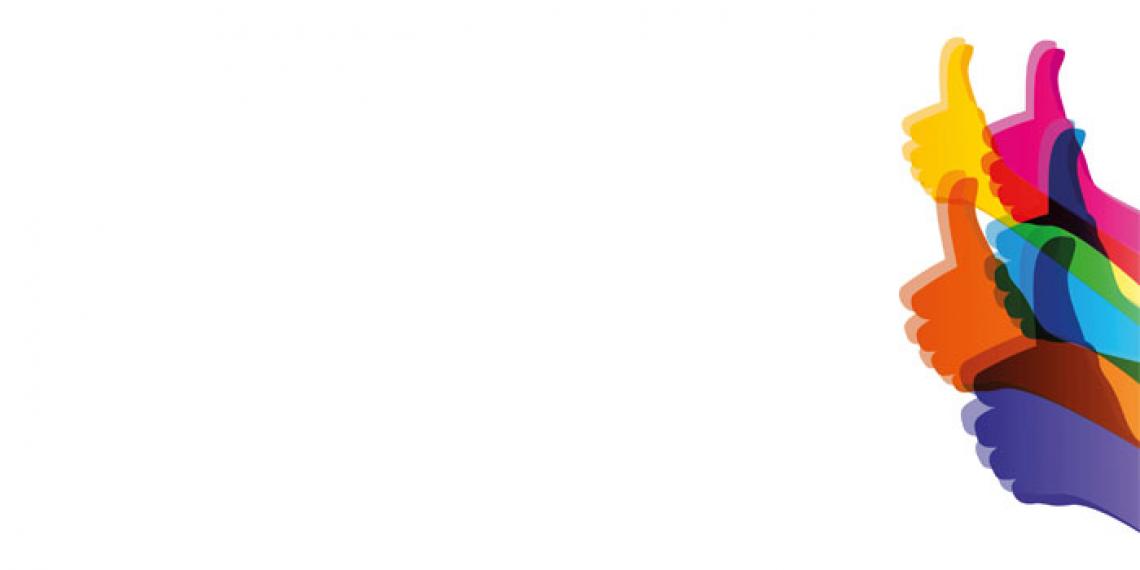You are here
Reality TV politics

When I was a kid, the closest thing we had to reality TV was election night. It was a thrilling night of divas, scathing one-liners, popularity contests, goodies and baddies, personality clashes, and the occasional scuffle. And, of course, there were winners and losers. Basically, it was My Kitchen Rules, but with more alcohol and not so much food.
We were politically astute seven-year-olds—I remember a peculiar game we played at lunchtime where if you got tagged you were ‘piggy Muldoon’. Nowadays, that level of political sophistication could get you a job on talkback radio.
So I’ve grown up with a fond regard for election night antics—at the very least, it’s a good laugh. And it’s kind of true that politics is on par with reality TV for many of us. In fact, regrettably, we may be more inclined to vote for our favourite X Factor act than for a political party.
I think too many of us have come to the conclusion that our vote doesn’t matter because we live in a culture of the individual. If voting doesn’t make a difference to my life, why should I bother? And it’s true that no matter who you vote for, you’ll most likely still face the same financial struggles, personal problems and stresses that you faced before.
But politics is not about our individual lives; it’s about building our nation. We only need to look at the contours of history to see the immense impact of politics on our society. In recent history, Rogernomics and the ‘trickle down’ that never happened has contributed to the biggest gap between rich and poor New Zealand has ever known.
Looking back further, we can see how Michael Joseph Savage’s introduction of social welfare had an immense impact for good in New Zealand, affirming us as a culture that cared for those who had less. Today, although the landscape of social welfare may be much more complex and often fraught, our heritage of caring for others is still strong and essentially good.
And going back even further, our ancestors signed Tiriti o Waitangi (The Treaty of Waitangi), with its revolutionary pact between the colonisers and the people of the land. The bitter roots that took hold when the treaty was abused still reverberate among us today.
Politics is all around us as we ponder issues of wealth and poverty. As we take our kids to school with their packed lunches, while other kids go without breakfast and with empty lunchboxes. As we consider whether our children will thank us most for preserving the environment, or for making money from it. As we allow ourselves to feel concern for those who can’t afford housing and live in unhealthy conditions. As we uphold Salvation Army values of ‘caring for others, transforming lives and reforming society’.
Many Kiwis feel that ‘politics is corrupt, so I don’t bother voting’. Well, let me be so bold as to say, those Kiwis are partly right—there is no untainted party, and politics is a system crammed with compromise. But they are only partly right. As Eldridge Cleaver famously said, ‘There is no more neutrality in the world. You either have to be part of the solution, or you’re going to be part of the problem.’ Not voting only means that you give away your power as a citizen. Not voting only means you further corrupt the system.
Don’t be fooled, politics is not about the ‘reality TV’ of personalities and popularity. Politics is about the reality of who we are becoming as a nation. As we now look toward the next three years, let’s pray for our leaders and continue to care for our country.
by Ingrid Barratt(c) 'War Cry' magazine, 20 September 2014, pp3.
You can read 'War Cry' at your nearest Salvation Army church or centre, or subscribe through Salvationist Resources.